I am often asked if I have tips for food craving attacks. Who knows me well will already suspect that there is no universal check-list following here. Your cravings attacks are very personal – they are within YOU: a conflict between YOUR body and YOUR mind.

My experiences with a ravenous appetite
My cravings started with me taking the pill. It completely upset my balance. I didn’t know when I was hungry or when I had an appetite anymore. It took me quite a long time before I realized that I had completely lost my gut feeling. It only really hit me when I stopped taking the pill. I suddenly lost weight, had less hunger and my eating habits changed. I only noticed that I had gained weight when I lost it again :). Unfortunately, I then made a big mistake, I took the pill again and put myself on a permanent diet. The reason for renewed attacks of ravenous appetite, constant control over my diet and complete loss of my stomach feeling. It took me more than a whole year to go on these diets and destroyed my balance more and more. Then I finally stopped taking the pill at around 22 (7 years ago). The way back to my gut feeling was long.
At that time I started to consciously deal with food and the food itself. Besides, I generally let more mindfulness into my life and started practice yoga. Step by step, my gut feeling and I got back together: I listened more carefully and it stopped screaming and is now again my trusted advisor on the subject of food and hunger #trustyourgut.
Possible reasons for food cravings:
mental:
- stress (for me so)
- mental effort
- restlessness
- emotional distress
physical:
- physical. exertion
- lack of sleep (often the case with me)
- calorie deficit
- extreme diets
- hormonal causes
And now a few concrete tips, which are also scientifically proven.
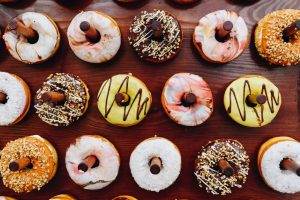
Cravings – what can I do?
If you’re tired, you are likely to eat sweets
I’m sure you’re now thinking nothing new. True, but it is the truth. Recent studies have shown that fatigue probably changes our sense of taste. Umami and sour is perceived more intensely and the appetite for sweet and fatty foods increases. So enough sleep is even important for the taste buds on your tongue. Though, get enough sleep to have less appetite and let the taste buds rest.
Even more on sweets and buds
Sugar has a huge effect on our brain – among other things it stimulates the reward system, influences our (eating) behaviour and can trigger cravings. This applies not only to sugar itself but also to the countless sugar substitutes.
After my intestinal fungus colonization, I had to completely quit sugar for quite a while to deprive the devil of its food basis. During this time I have experienced the hard but also the positive aspects of complete sugar withdrawal (also no fruit) to the full. Admittedly: all beginnings are difficult – but with a good plan it is possible. Already after 1-2 weeks, the taste buds get used to the new “sweetness level” and that what was not sweet enough for you in the past seems to be exaggerated. These effects are also scientifically described. Well- are you ready for a reset? A life without sugar craving should be worth a try!
The “right” Food
There are countless recommendations on what to eat to prevent craving attacks. For me, this has never been a high priority, whatever my body tells me, and plant-based and as varied as possible was the motto. A nutritional study shows no differences in cravings, whether the diet was high in protein or carbohydrate. What I pay attention to is that I do not have trigger foods at home. Highly processed foods only confuse our gut and should be the exception. I, on the other hand, eat a lot of fiber and nutritious meals. If the body is internally nourished and gets the nutrients it needs, it is satisfied much faster. For this, you can have a look at my sprout tutorial.
Don’t worry, it gets better
There are many good things about getting older, and fewer cravings are probably one of them. A study shows that this effect is particularly evident in women. All the more a good reason to look forward to your next birthday, girls! For me, the subject of food cravings is much more than a fight for a good body shape – it is a sign of a communication problem between head and belly. I am so grateful that these two systems are back in harmony with each other. I also believe that it is always an interplay. Because without cravings I am so much more the person I want to be, because I simply feel much better within myself.
If I do not feel good, this is also directly reflected in my eating behavior. Here I want to share some soft and probably already well-know strategies for your inner peace. Even if not always everything is possible for you in your daily life, the practice certainly makes perfect.
- stay hydrated
My favorite strategies against craving attacks
Of course, it all depends on why your head-bellied communication fails in the current moment. In my view, this is a crucial key to success. That’s why in these situations I have always asked myself whether my body is lacking something and wants to be soothed with “hunger”: have I drunk enough or am I thirsty – then quickly a glass of water- better. Hopefully, some tips were helpful for you to unify head and stomach again. Or maybe you have already reached your goal and can recommend other things? I am happy to hear from you!
sources:
Lv W, Finlayson G, Dando R. Sleep, food cravings and taste. Appetite. 2018;125:210‐216. doi:10.1016/j.appet.2018.02.013
Watson NA, Dyer KA, Buckley JD, et al. Reductions in food cravings are similar with low-fat weight loss diets differing in protein and carbohydrate in overweight and obese adults with type 2 diabetes: A randomized clinical trial. Nutr Res. 2018;57:56‐66. doi:10.1016/j.nutres.2018.05.005
Abdella HM, El Farssi HO, Broom DR, Hadden DA and Dalton CF. Eating Behaviours and Food Cravings; Influence of Age, Sex, BMI and FTO Genotype. Nutrients. 2019;11(2):377. Published 2019 Feb 12. doi:10.3390/nu11020377
Hill SE, Prokosch ML, Morin A, Rodeheffer CD. The effect of non-caloric sweeteners on cognition, choice, and post-consumption satisfaction. Appetite. 2014;83:82‐88. doi:10.1016/j.appet.2014.08.003
Dennis EA, Dengo AL, Comber DL, et al. Water consumption increases weight loss during a hypocaloric diet intervention in middle-aged and older adults. Obesity (Silver Spring). 2010;18(2):300‐307. doi:10.1038/oby.2009.235
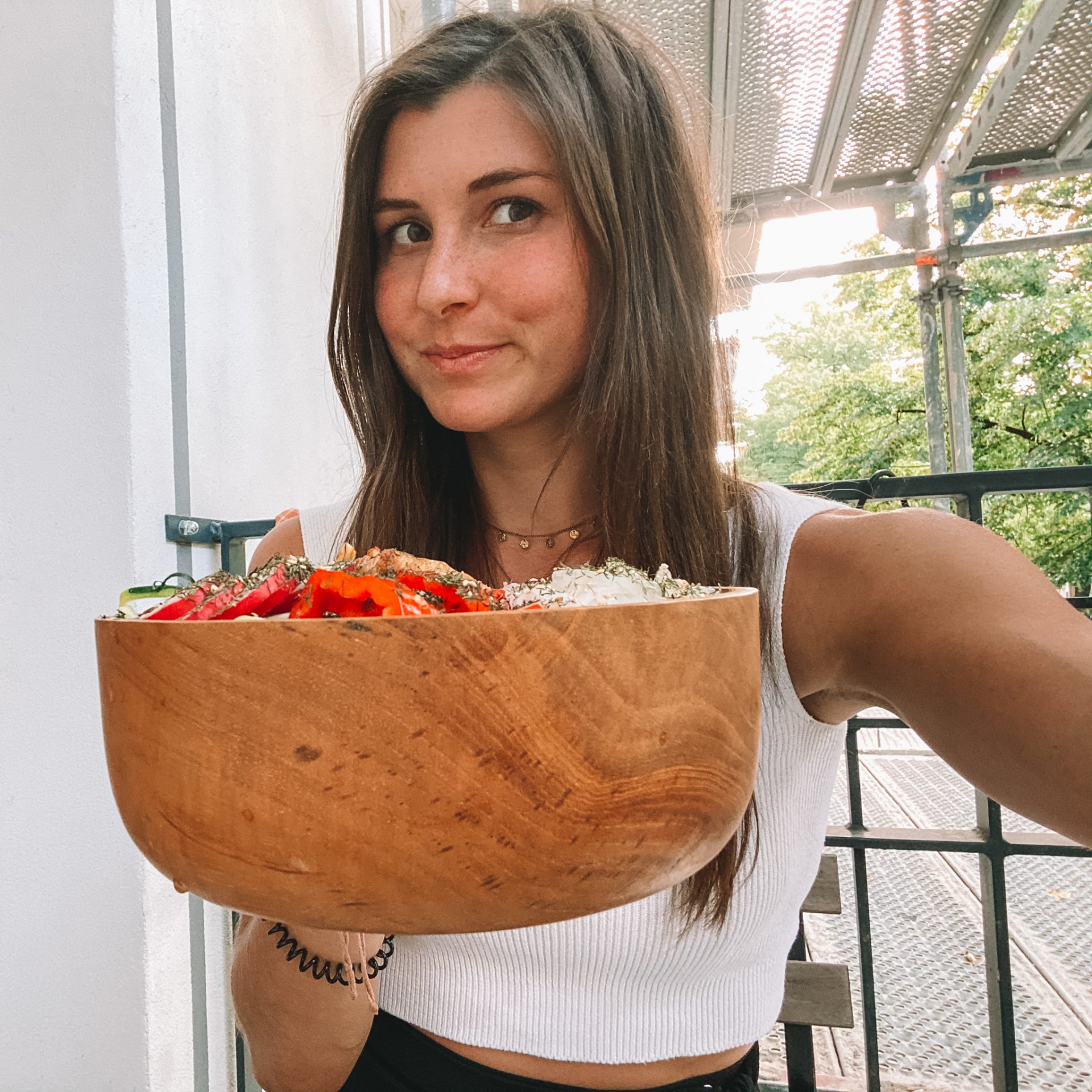
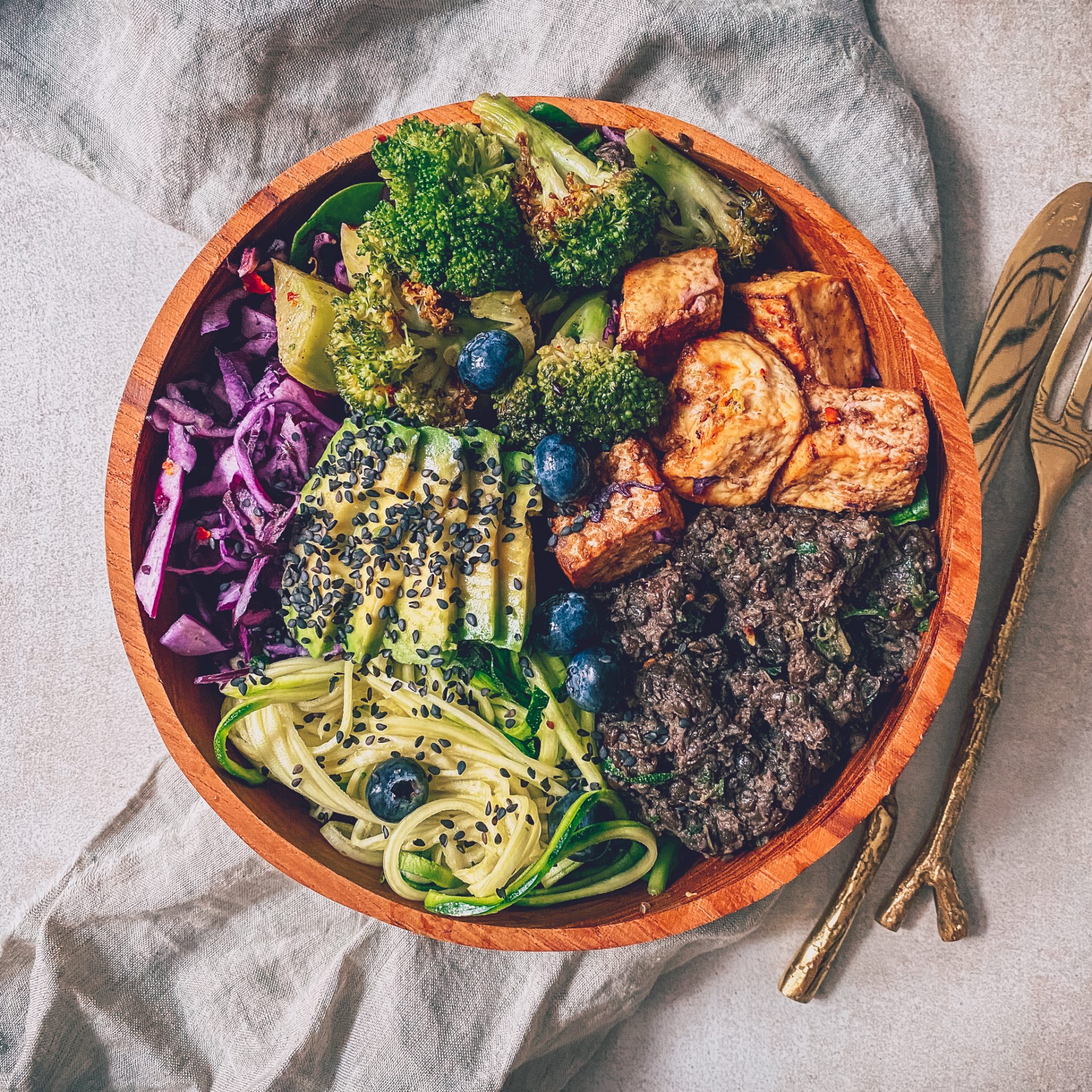
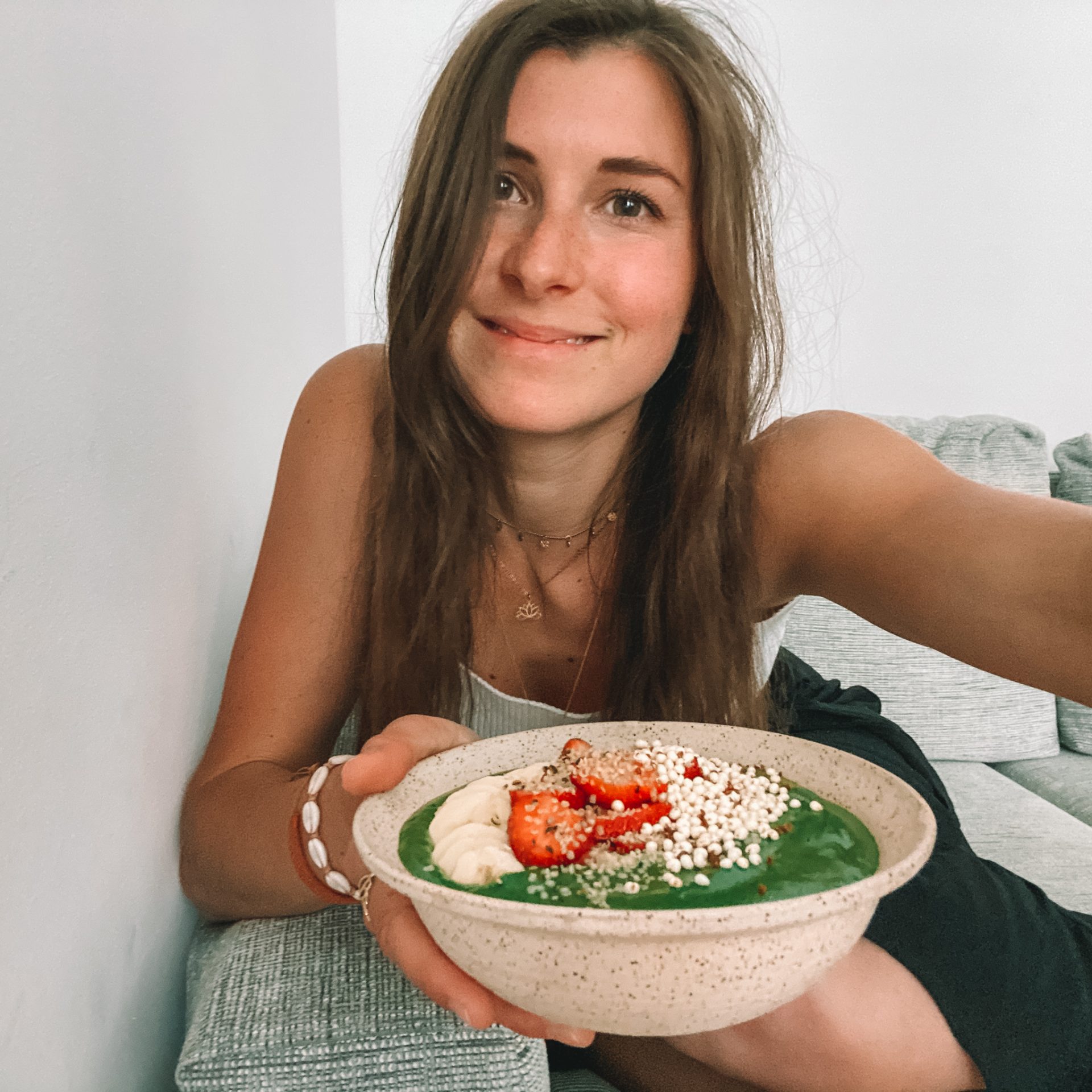

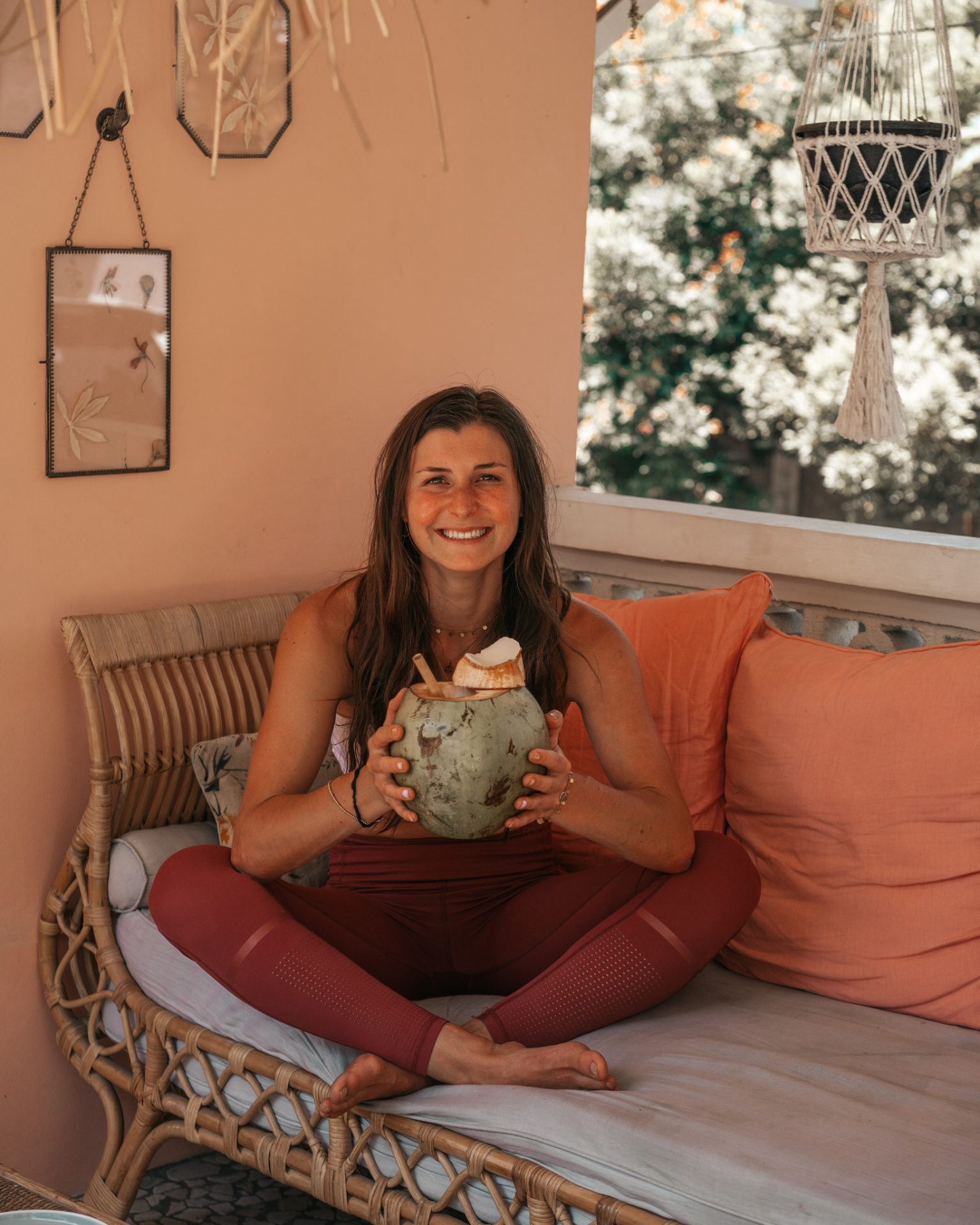

[…] need more self-care right now than ever. At this point I would also like to stress once again that self-care does not mean that you are selfish and only care about yourself. On the contrary, it means that we […]